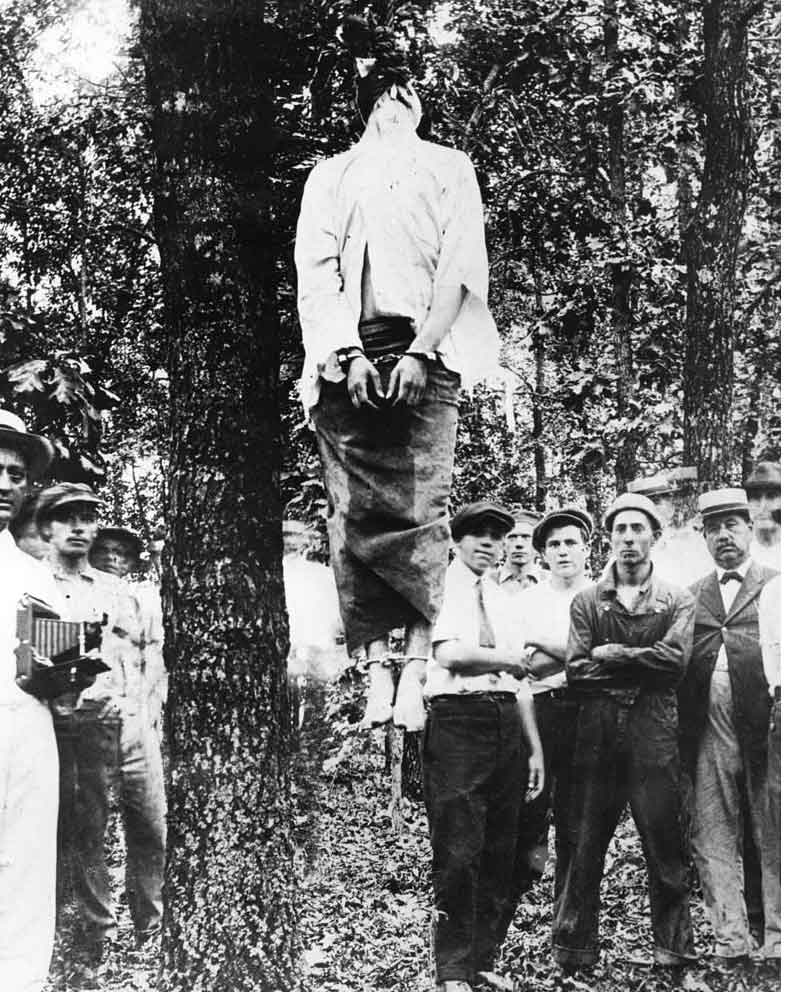11/16/2016 The Rise of Anti- Semitism
Sitting with friends in Tel Aviv these days, it’s really easy to become depressed about the state of world. Though the weather has been glorious — 65 at night 80 during the day, without a cloud in the sky — the winter storms do not feel all that far away. For Jews (and Tel Aviv is the most Jewish major city in the world,) the universe seems to have been turned upside down in the past few months and days. The election of Donald J. Trump is just another in a series of events that has changed the way residents of Tel Aviv view the world.
Every Israeli is taught never to forget the Holocaust and to fear there might be another such unspeakable atrocity lurking just beyond the horizon. This dread is buried deep in the DNA of most Israelis, and for that matter, within most Jews worldwide. In the United States, when the Pew Research Foundation asked American Jews — “What Does it mean to be Jewish?” 73% believed remembering the Holocaust was the most important element of Jewish identity. However, for the last several decades, the “Nazis” were Arab states or terrorist groups who wanted to destroy Israel and kill Jews. When Israelis were concerned about antisemitism, it generally seemed to be the antisemitism on the left of the spectrum, i.e., those whose obsession with Israel’s actions, beyond their concern for the behavior of any other country in the world, (which could only be considered antisemitism.) To further confuse matters, over the past few years, Jews in Europe have repeatedly been victims of antisemitism at the hands of Muslim immigrants. This resulted in some Jews supporting the calls to stop the immigration of Muslims into their countries.
Today, all of this appears to have changed. Suddenly, Jews are waking up to the fact the real threat might not be from the left, but from the right. It started in Hungary, where the government took an ultra-nationalist approach to the nation and elected the Jobbik party. Now, a clearly Neo-Nazi party has become is a serious player in Hungarian politics.
In Poland — a place with so many terrible Jewish memories, but a place, nonetheless, where there has been no need for guards at synagogues — a right-wing government has been in power for the past two years. The new Polish government has fostered an atmosphere conducive to the Neo-Nazi/ONR party, which has been growing, with tacit government support. The ONR party was outlawed in pre-war Poland, for being too anti-Jewish
In France, the fear is that the far-right, National Front Party, led by Marine Le Pen, might win the next French election. In Britain, voters passed Brexit, and with its victory, unleaded a wave of anti-foreign, xenophobia, which most Brits did not believe existed. And this past week, we had the election of Donald Trump to the White House, after a campaign that brought out a level of explicit antisemitism most people thought had disappeared from the American scene forever.
Many Israelis are doing their best to ignore the election outcome. Israel’s newspaper with the largest circulation, owned by Trump supporter Sheldon Adelson, has completely ignored the controversy surrounding the appointment of Steve Bannon as President-elect Trump's senior strategist. The sudden rise of primordial antisemitism has come as a shock to most Jews, whether in Israel, or in the United States. For the majority of American Jews there had been a sense that over the course of the last 20 years Jews had become so much a part of the American fabric, that any explicit antisemitism was a relic of the past. In the eyes of many Israelis, the only antisemites were the critics of Israel.
For Israelis — and especially those further on the right-side of the political spectrum — the reemergence of classic anti-semitism is particularly confusing. Many of them instinctively supported parties right-leaning parties, like themselves, and were not all that concerned about some of the anti-muslim rhetoric. After all, (in their minds) most Muslims do not like Israel, and many are clearly antisemitic. They have been coming to the wrong conclusion for different reasons than Israeli leftists. To the right, if you are pro-Israel, you cannot be antisemitic; to the left, if you are liberal in your views and support human rights, you cannot be antisemitic. Unfortunately, they are both wrong.
Some on the right cannot get over the cognitive-dissonance of right-wing antisemitism. So much so, that one prominent Israeli right-wing writer, Caroline Glick, a well known columnist for the Jerusalem Post, felt she had to post to Facebook “Steve Bannon is not an antisemite, he is anti-leftist. Despite the ravings of the ADL, which is now a Jewish organization staffed by leftists, 'Jewish' and 'leftist' are not synonymous”. An amazing tweet against an organization that has been at the forefront of the fight against antisemitism. I have no idea whether or not Bannon is an antisemite, but according to Glick, he can’t be, because he supports Israel.
The Jewish people are suddenly facing a whole new world; a world where nationalism has risen, where dormant xenophobia has been awakened, and with it, the most ancient of all hatreds. For some Israelis, these newly emboldened forces of evil only strengthen their worldview — insisting we can only rely on ourselves and that we must turn inward. However, most of the residents of Tel Aviv see themselves as residents of a global city, in the new world we may have to confront is indeed a very dangerous and unfamiliar place.

 >
>